In the search for extraterrestrial civilizations, scientists often focus on the following key factors: the planet where intelligent life is likely to appear must be solid and rocky, not a gas giant; the planet must be located in the "habitable zone" - the area around hot stars; it must have temperature conditions that allow water to exist in liquid form; it must have enough mass to maintain a dense atmosphere with a chemical composition favorable for biological processes that promote the emergence and evolution of life.
However, in scientific discussions on the topic of searching for intelligent beings in the universe, scientists have so far unintentionally overlooked an important factor. And this factor is: on that planet there must be basic conditions for fire to appear and exist.
Having once been forced to become an unwilling witness to the destructive power of fire, the author of this article began to think about the paradoxical role of fire in human history.
Knowing how to create fire and control it, forcing it to serve us, became the turning point that paved the way for us humans to achieve unexpected advances in technology.
It was by discovering and controlling fire that our early ancestors were able to protect themselves from the attacks of wild animals. Without controlled fire, how could humans have learned to cook and created such wonderful culinary technology?
How can we imagine the metallurgical, ceramic, glass-making, chemical production industries... without fire controlled by humans. In short, fire plays a decisive role in the formation and development of human civilization.
Fire and Progress
To sustain a fire, strictly defined physical conditions are required.
First of all, there must be enough oxygen in the atmosphere (in other words, oxygen must make up at least 15% of the atmosphere at normal pressure).
Second, the atmospheric pressure must be at the right level, that is, not too high or too low. In an atmosphere with a pressure significantly lower than that of Earth, the fire will quickly die out due to lack of oxygen.
Conversely, if the atmospheric pressure is too high, the combustion properties of the fire change so much that using controlled fire to develop technology may become extremely difficult, or even impossible.
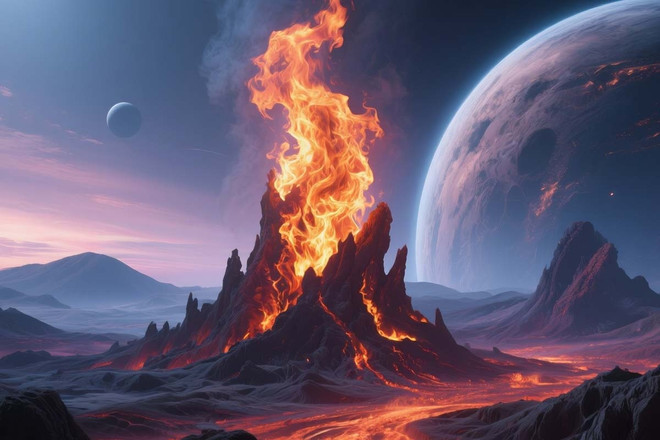
This factor is particularly relevant for planets often referred to as "super-Earths," that is, planets with masses many times greater than Earth's mass.
Recent astronomical observations show that such "super-Earth" planets are extremely common in our Galaxy.
According to scientists' calculations, on a "super-Earth" with a mass five times larger than Earth, the atmospheric pressure on the surface could reach 5-10 atmospheres. On planets with a mass 10 times larger than Earth, the atmospheric pressure could reach several dozen atmospheres.
In such dense atmospheric conditions, even with the presence of beings more intelligent than us humans, their attempts to harness fire for basic technologies like metallurgy or ceramics would have been a nearly impossible task.
Paradoxically, such “super-Earths” are often considered prime candidates for finding life. But with “humans” unable to tame fire, the emergence of a technological civilization on them is the least promising.
One important thing to note here is that while oxygen is the most obvious substance that supports flame formation, it is theoretically possible that there are other substances or compounds that also support flame formation, such as fluorine, chlorine, nitrogen oxides, or sulfur oxides.
However, these substances are extremely rare in nature at high enough concentrations due to their extremely strong chemical activity. In addition, the combustion process with the help of these substances or compounds will be accompanied by the formation of other toxic compounds. This in turn creates additional obstacles to the formation and development of higher, intelligent organisms.
Another equally important condition is the presence of combustible materials (mainly carbon-containing compounds) and a suitable temperature range for a stable combustion reaction to take place.
It is for these reasons that celestial bodies such as Venus (with its atmosphere dense with toxic carbon dioxide), Mars (with its very thin atmosphere) or Saturn's moon Titan (covered with lakes and seas of methane) are all unsuitable for the emergence of intelligent beings.
Even if some form of life could exist on these celestial bodies, they would forever be simple, unintelligent creatures.
The fire is controlled and directed.
It should be noted that the hypothesis of an environment where "fire is controlled and manipulated" does not exclude the possibility that life can exist in exotic environments, unlike those on Earth.
This hypothesis only points to the very serious limitations in technological development in environments without controlled and manipulated flames.
Creatures living on a planet without controlled and manipulated fire could still evolve, developing intelligence, culture, and even technology, but they would fundamentally encounter major obstacles in their ability to master materials that need to be processed at high temperatures.
One thing worth noting and emphasizing here is that the conditions for the existence of fire are closely related to the conditions for the development of life in an oxygen-rich environment.
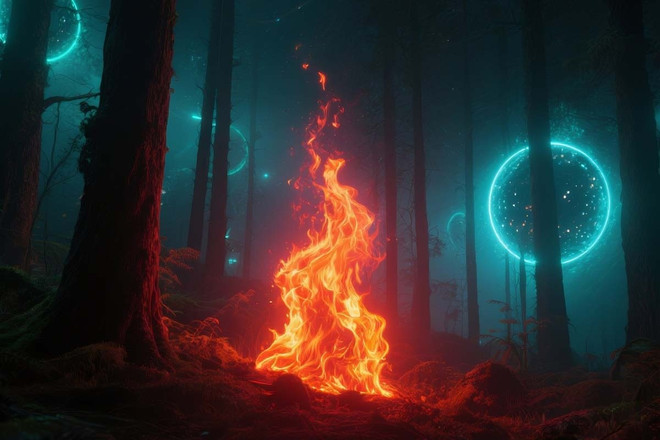
The abundance of free oxygen present in a planet's atmosphere is usually the result of sustained biological activity, primarily the photosynthetic activity of terrestrial plants.
Therefore, searching for and discovering planets with oxygen-rich atmospheres allows us to "kill two birds with one stone" - finding conditions for highly developed life and finding potential environments for technological development.
It is also possible that this is why we have never received a radio signal from another civilization until now, because the number of planets on which a match can be lit is probably much smaller than the number of planets on which some form of life can exist.
And even if there were intelligent humans living on a planet somewhere, if they couldn't harness fire, they wouldn't be able to create the technology to communicate with us./.
Source: https://www.vietnamplus.vn/mot-goc-nhin-moi-trong-cuoc-tim-kiem-nhung-sinh-vat-co-tri-tue-trong-vu-tru-post1048102.vnp






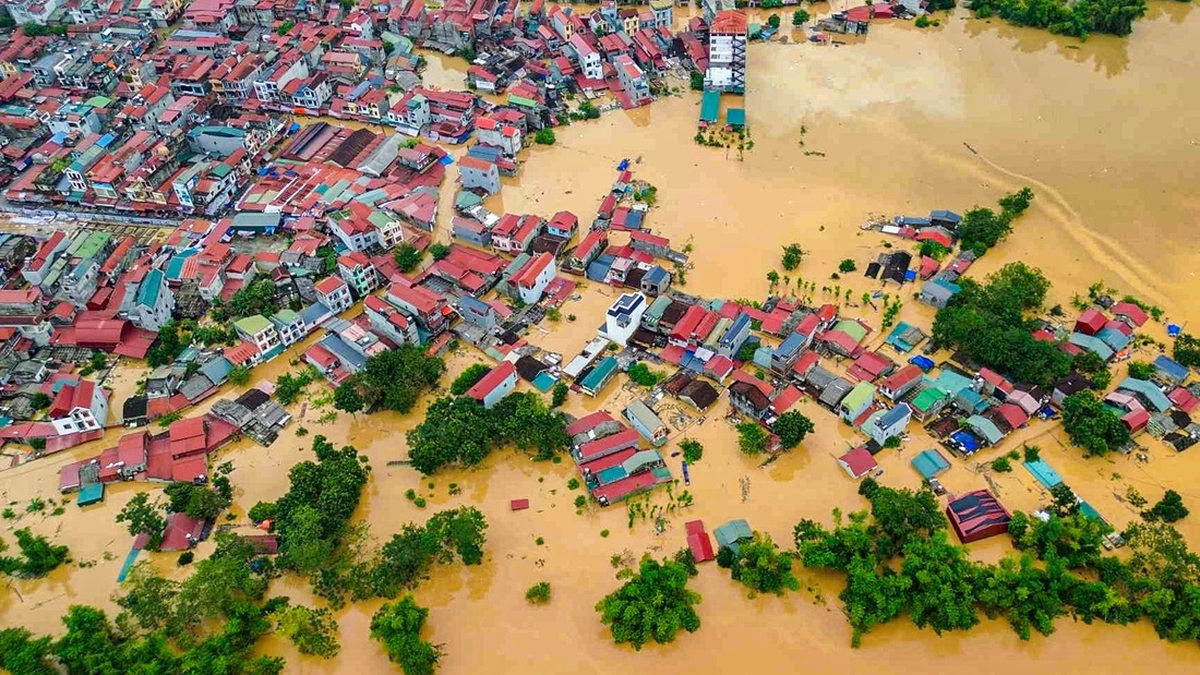
![[Photo] Closing of the 13th Conference of the 13th Party Central Committee](https://vphoto.vietnam.vn/thumb/1200x675/vietnam/resource/IMAGE/2025/10/08/1759893763535_ndo_br_a3-bnd-2504-jpg.webp)
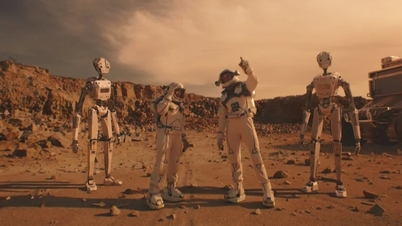

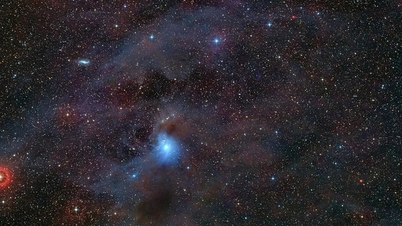


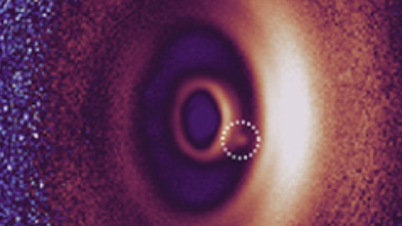
















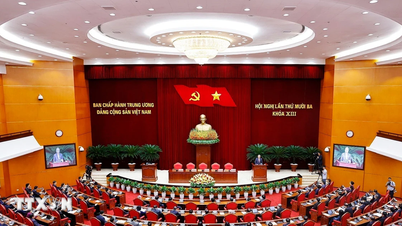































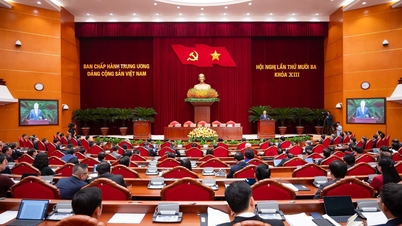


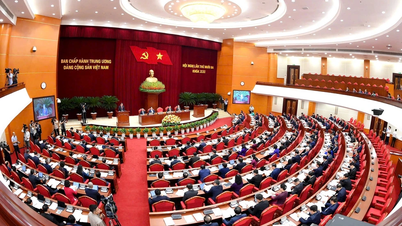








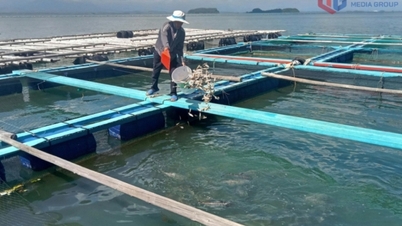


























Comment (0)